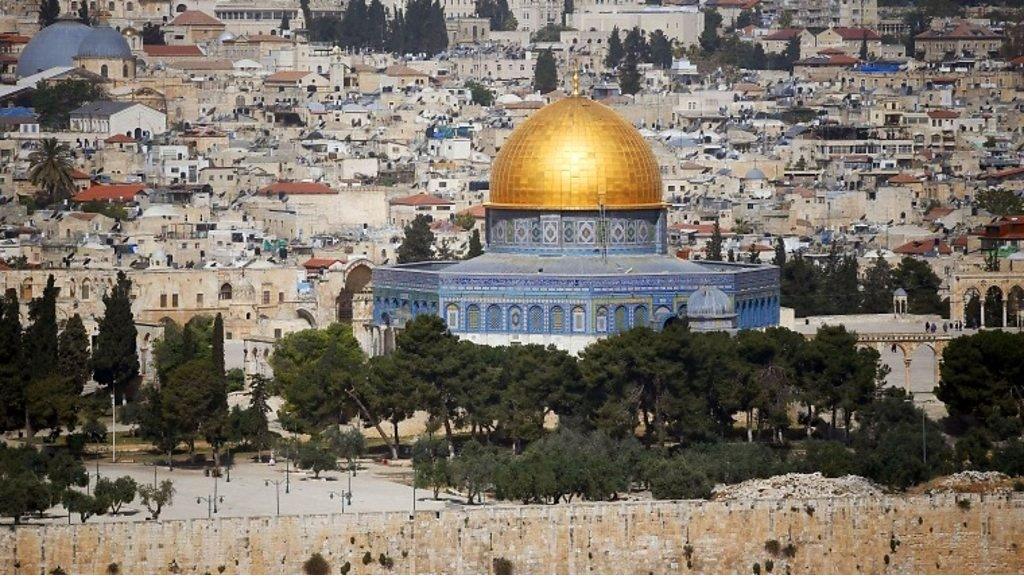Israel's Gaza response 'wholly disproportionate' - UN rights chief
- Published
Monday was Gaza's deadliest day of violence in years
The UN human rights chief says Israel used "wholly disproportionate" force against Palestinian border protests which have left over 100 people dead.
Zeid Raad al-Hussein told a meeting in Geneva that Gazans were effectively "caged in a toxic slum" and Gaza's occupation by Israel had to end.
Israel's ambassador said Gaza's militant Islamist rulers had deliberately put people in harm's way.
The UN's Human Rights Council voted to set up an independent investigation.
Some 60 Palestinians were killed by Israeli forces on Monday in the seventh consecutive week of border protests, largely orchestrated by Hamas, which politically controls the Gaza Strip.
It was the deadliest day in Gaza since a 2014 war between Israel and militants there.
The protests had been dubbed the Great March of Return, in support of the declared right of Palestinian refugees to return to land they or their ancestors fled from or were forced to leave in the war which followed Israel's founding in 1948.
The Israeli government, which has long ruled out a mass return of Palestinians, said terrorists wanted to use the protests as cover to cross into its territory and carry out attacks.
While most Palestinians have demonstrated at a distance from the border, others threw rocks and incendiary devices towards the fence and tried to break through.
Israel's troops responded with what it calls "riot dispersal means", such as tear gas, and live fire which Israel permits under certain circumstances. This includes when there is a threat to soldiers' lives and when attempts are made to break down the fence.
'Wilful killings'
Mr Zeid told the emergency session on Gaza that the "stark contrast in casualties on both sides is... suggestive of a wholly disproportionate response" by Israel.
An Israeli soldier was "reportedly wounded, slightly, by a stone" on Monday, he said, while 43 Palestinians were killed at the site of the protests. Seventeen more Palestinians were killed away from what he called the "hot spots".
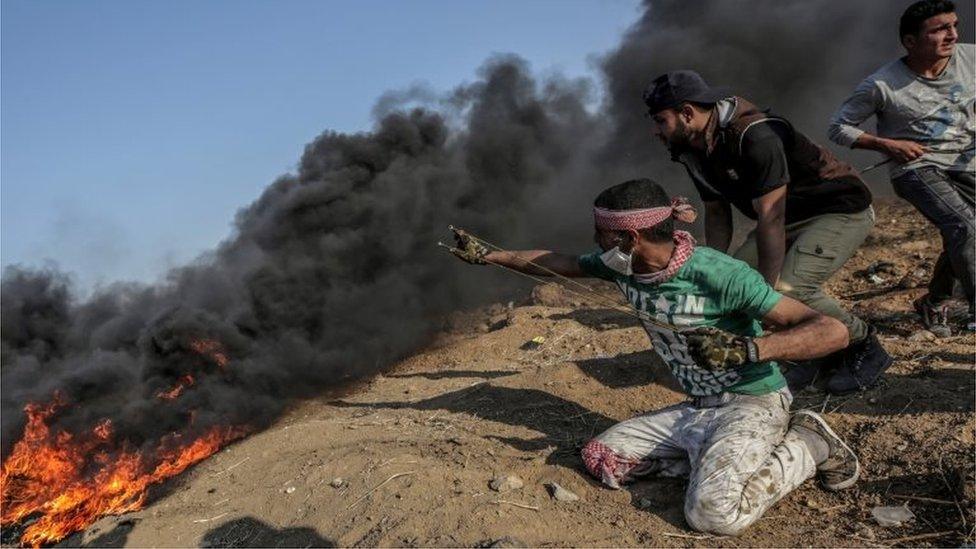
Israel and the Palestinians have blamed each other for the deaths
He said there had been "little evidence of any [Israeli] attempt to minimise casualties". Israel's actions might, he said, "constitute 'wilful killings' - a grave breach of the Fourth Geneva Convention", an international law designed to protect civilians under occupation.
Mr Zeid said he supported a call for an "international, independent and impartial" investigation into the violence in Gaza, adding that "those responsible for violations must in the end be held accountable".
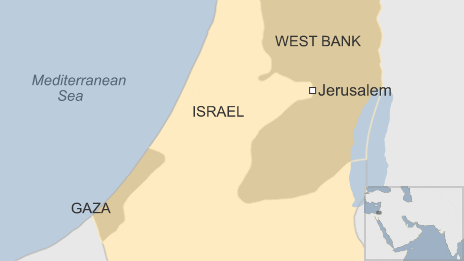
"The occupation must end," he said, "so the people of Palestine can be liberated, and the people of Israel liberated from it.
"End the occupation, and the violence and insecurity will largely disappear."
Israel occupied Gaza in the 1967 Middle East war. Although it withdrew its forces and settlers in 2005, the UN still considers the territory occupied because Israel retains control over the territory's air space, coastal waters and shared border.
'A broken body'
Israel's Ambassador Aviva Raz Shechter rejected the blame, saying it was "Israel, certainly not Hamas" which tried to avoid harming civilians.
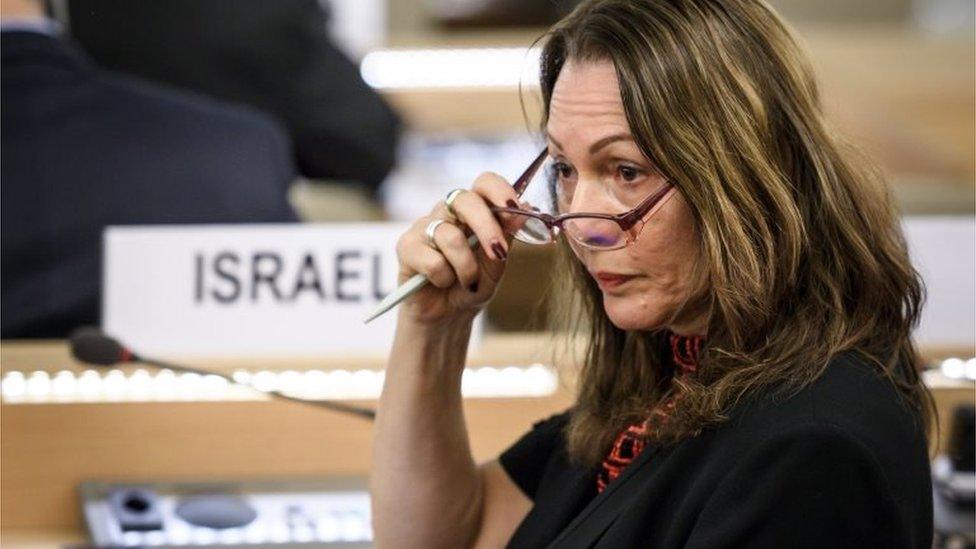
Israel's ambassador accused the Council of bias against her country
She said the UN Human Rights Council had returned to its "worst form of anti-Israel obsession".
The US Chargé d'Affaires Theodore Allegra agreed, saying the "one-sided action proposed by the Council today only further shows that the Human Rights Council is indeed a broken body".
Tens of thousands of Palestinians have held weekly protests at the border in the lead-up to the 15 May anniversary of the mass displacement of Palestinians from land which became Israel in the war which followed Israel's founding in 1948.
A senior member of Hamas, Salah Bardawil, has said 50 of those killed on Monday "were from Hamas". Israel has said it knew of "at least 24 terrorists" killed that day. It said most were "active operatives" from Hamas, and some from the Islamic Jihad militant group.
- Published15 May 2018
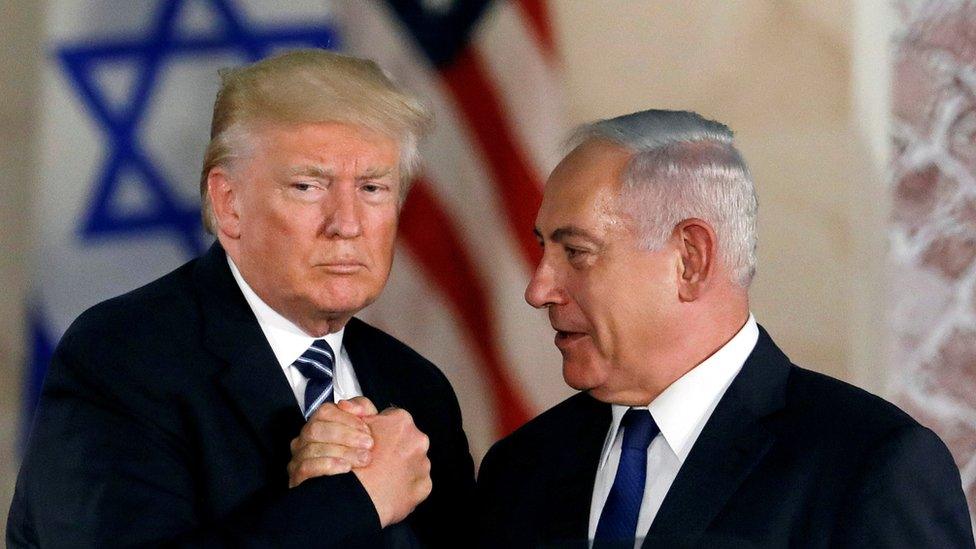
- Published16 January
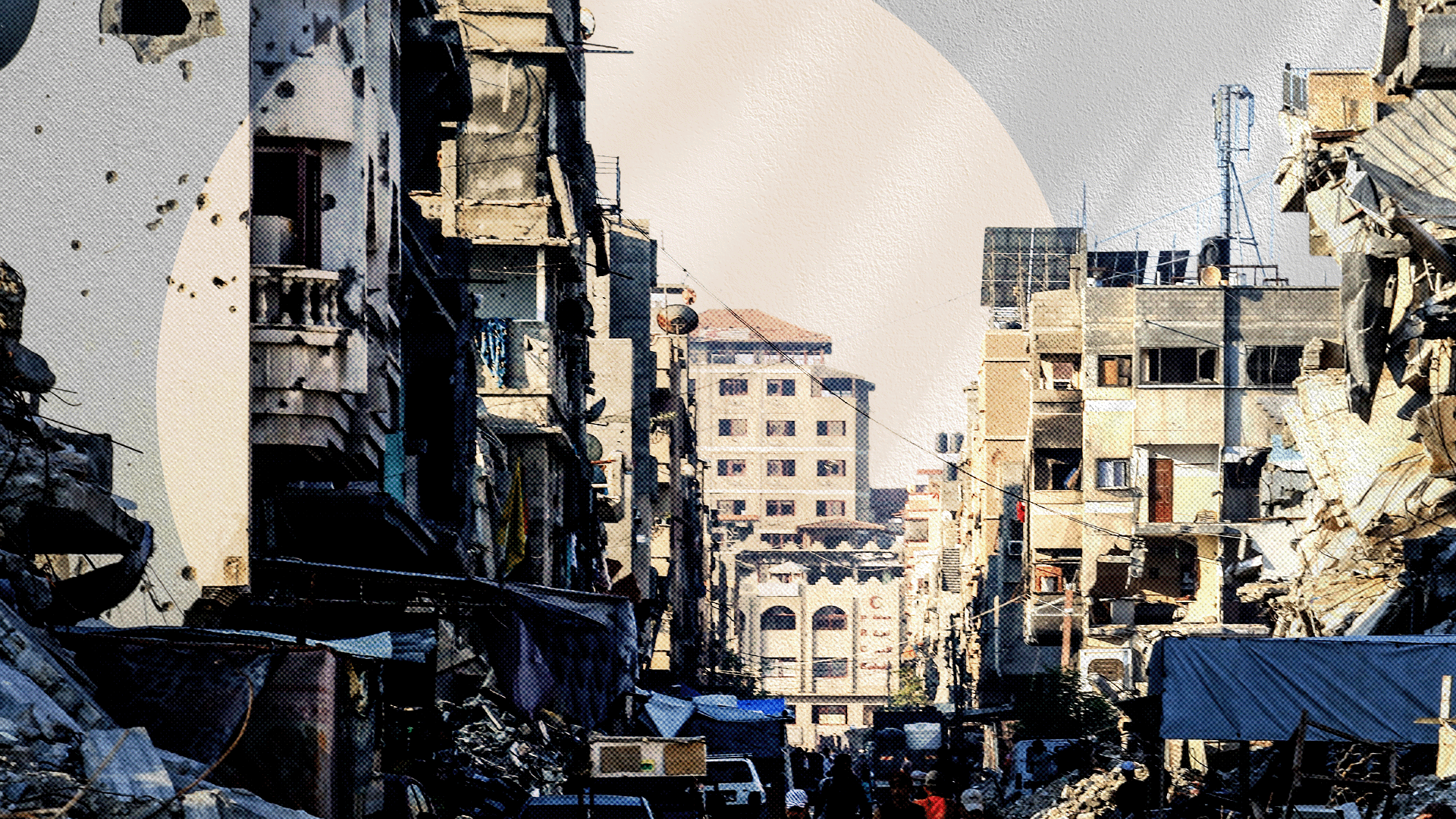
- Published15 May 2018
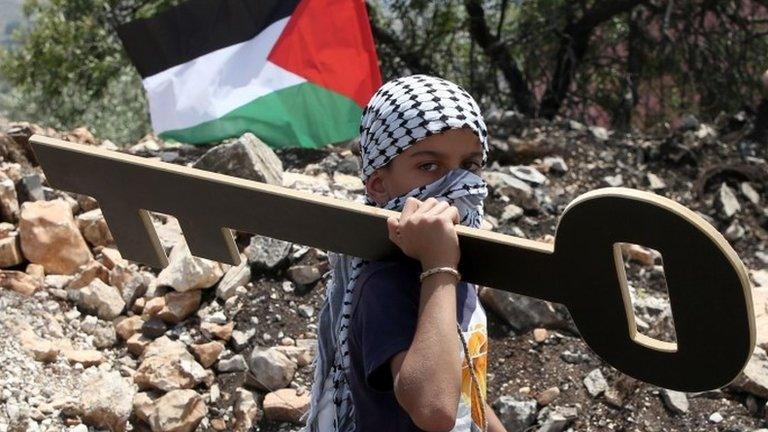
- Published15 May 2018
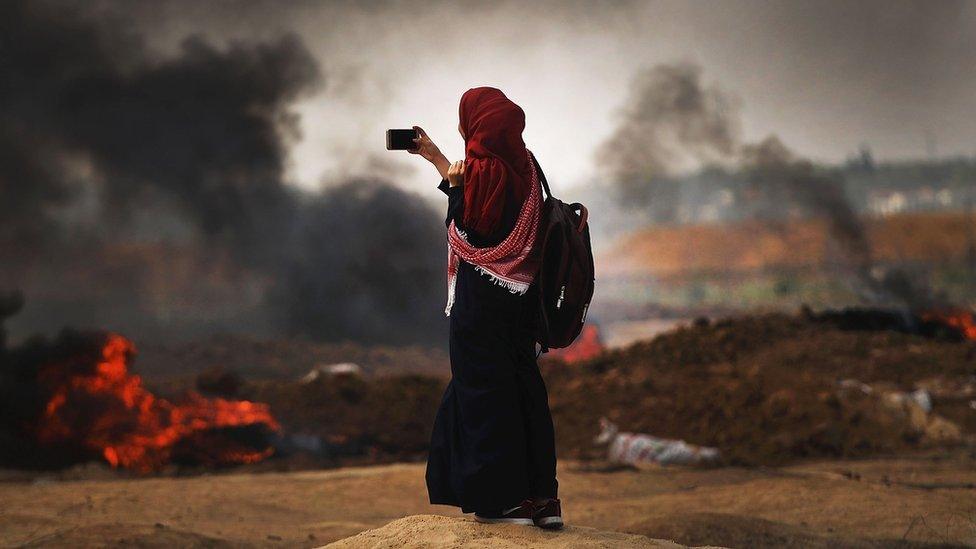
- Published14 May 2018
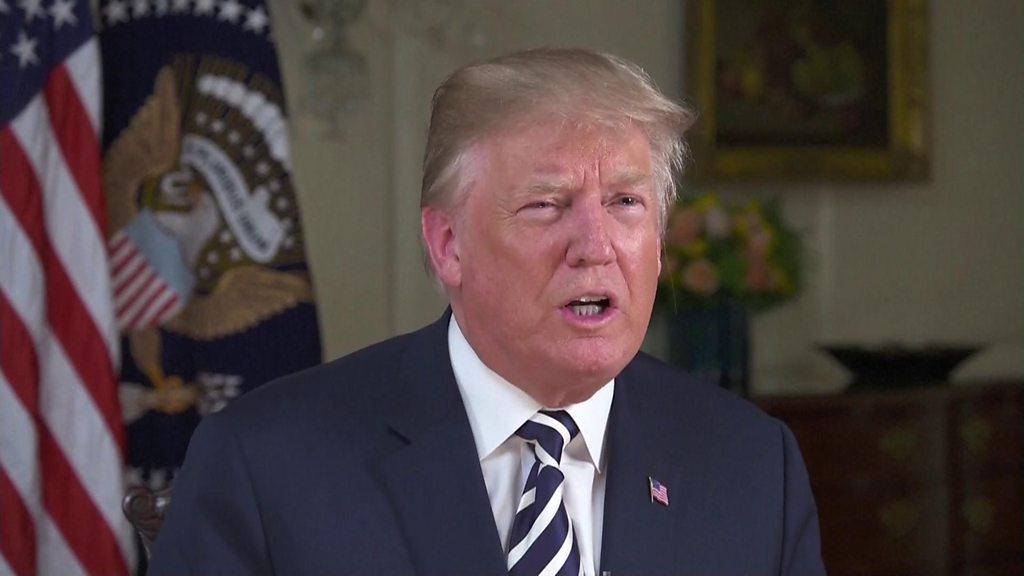
- Published14 May 2018
